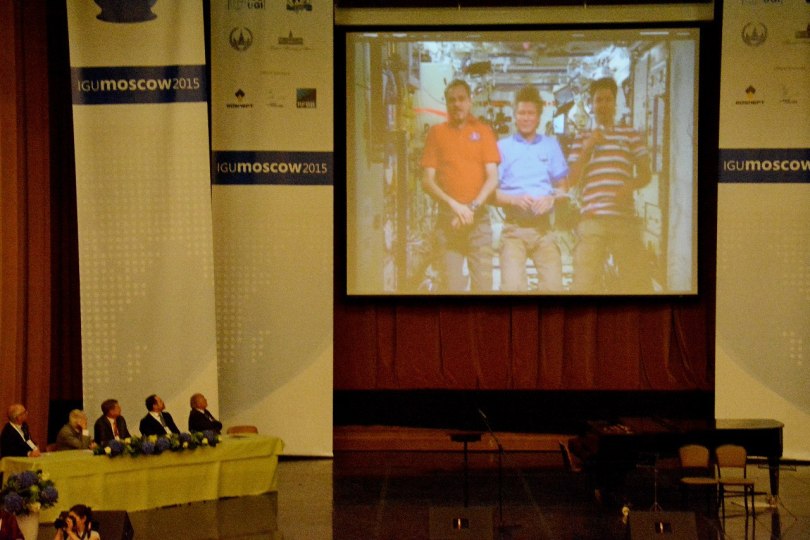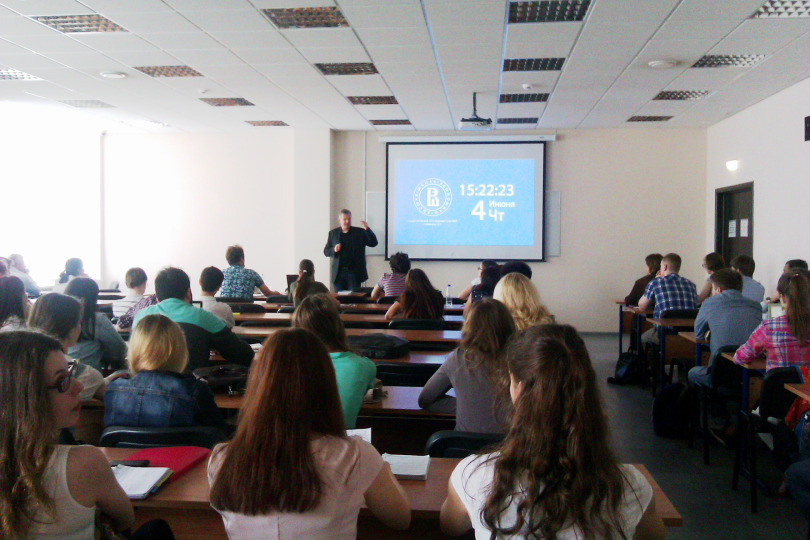It is increasingly common for scientists to engage the general public in dialogue and involve people in research rather than communicating with them in a haughty or condescending manner. We are witnessing the hybridization of research institutes: researchers are more actively collaborating with the media, civil society, and the customers for research, HSE Associate Professor Roman Abramov and Senior Lecturer at the Department for the Analysis of Social Institutions Andrei Kozhanov noted in an article.
Research & Expertise
Encouraging entrepreneurship, providing social support services and helping people find jobs are all part of a new ‘social contract’ programme introduced across Russia to assist poor families in becoming financially self-sufficient. Using formal contracts to encourage low-income people to engage in economic activity is proving to be more effective than welfare handouts, according to researchers of the HSE Centre for Studies of Income and Living Standards.
Over the past two decades, the average life expectancy in Russia has increased by 2.3 years for women and 1.4 years for men, according to a recently published paper based on the WHO's Global Burden of Disease (GBD) assessment – a major epidemiological study by a group of international experts, including Vasily Vlassov, Professor of the HSE Department of Health Care Administration and Economy.
The book ‘Democracy in a Russian Mirror’ edited by Adam Przeworski was issued by Cambridge University Press in May 2015. Three of the authors — Boris Makarenko, Andrei Melville and Mikhail Ilyin — are staff members of the School of Political Science.
Ekaterina Mikhailova, an HSE Doctoral Student, Spoke at an International Geographic Union Conference

Christian Frohlich has been a Research Fellow at the Centre for Studies of Civil Society and Non-Profit Sector since 2014. This year he is being fast tracked for tenure in the HSE Faculty of Social Sciences in the School of Sociology. Dr Frohlich has a DPhil in Sociology from Leipzig University, Germany. He spoke to HSE English News about his research into civic activism in Russia and about why he likes living and working in Moscow.
Overall, Russians tend to be satisfied with their country's health care system, particularly when they do not need to deal with it; however, those with recent first-hand experience of healthcare often complain about the lack of professionalism and the decline in free medical services, according to Sergey Shishkin, Head of HSE's Department of Health Care Administration and Economy, and Natalia Kochkina and Marina Krasilnikova, sociologists with the Levada Centre, in their paper Health Care Service Availability and Quality as Assessed by the Russian Public.
Jesse Campbell, Assistant Professor at the Department of Public and Local Service, speaks about his research interests: from philosophy to public administration. Jesse Campbell grew up in Northern Ontario in Canada. After graduating with a Master's degree in Philosophy, he moved to South Korea to explore a new culture, a path that ultimately culminated in a PhD in Public Administration from Seoul National University. He joined the Department of Public and Local Service at the HSE in the fall of 2014.


